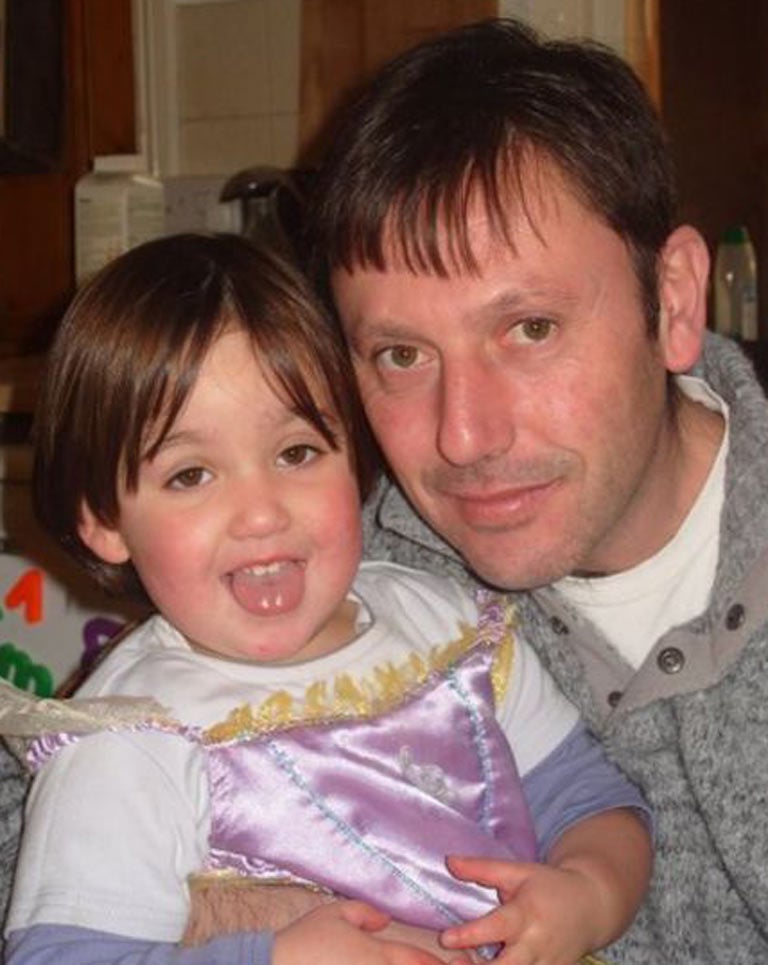Alarm raised as house building hits its lowest level on record
Annual construction of new homes falls to half the level needed to keep up with demand

Your support helps us to tell the story
From reproductive rights to climate change to Big Tech, The Independent is on the ground when the story is developing. Whether it's investigating the financials of Elon Musk's pro-Trump PAC or producing our latest documentary, 'The A Word', which shines a light on the American women fighting for reproductive rights, we know how important it is to parse out the facts from the messaging.
At such a critical moment in US history, we need reporters on the ground. Your donation allows us to keep sending journalists to speak to both sides of the story.
The Independent is trusted by Americans across the entire political spectrum. And unlike many other quality news outlets, we choose not to lock Americans out of our reporting and analysis with paywalls. We believe quality journalism should be available to everyone, paid for by those who can afford it.
Your support makes all the difference.The number of new homes being built in England is at its lowest level since records began, official figures revealed yesterday, amid growing warnings that a generation of young people is being excluded from the housing ladder.
Click HERE to view graphic
Government statistics show that the number of newly built homes fell last year to just under 120,000 – half the level needed to keep up with growing national demand. London saw the largest decrease (27 per cent) in new home building with just 18,000 new properties coming on to the market. Overall the UK now has a shortage of around a million homes, with the deficit rising by 100,000 homes a year as people live longer and increasingly live alone.
Experts blamed confusion over the Government's new planning laws, the difficult mortgage market and the overall state of the economy for the lack of building. The figures, which were released on the Department of Communities and Local Government website, show that new available housing in Britain fell by 6 per cent in the year to April to 117,700. This is on top of a 23 per cent fall in new housing stock between 2009 and 2010. This year is on course to see the fewest homes built since 1923, when records began. Clive Betts, chairman of the Department for Communities Select Committee, described the new figures as "alarming".
"We were not building enough homes even in the good times and the recession has exacerbated the problem. Young people are finding it next to impossible to get on to the housing ladder and there is a very real risk that even when the economy recovers under-supply will push property prices further out of the reach of many people."
New house building had been a priority under the previous Labour Government. But ambitious targets were dropped in the aftermath of the financial crisis when funding dried up. In 2007, 207,000 new houses were built but this dropped to 157,000 the following year, 124,000 last year.
Steve Turner, of the Home Builders Federation, said the economic problems had been exacerbated by uncertainty over the Government's new planning laws. "We've had a year and half of paralysis where local authorities have been sitting on housing development applications until they see how they will be affected by the new planning laws," he said. "That factor is combined with the high deposits now required for first-time mortgage applicants that have put off house builders from completing those kind of developments.
The Housing minister Grant Shapps insisted the Government has a strategy that will reverse the downward trend.
"We will shortly publish a housing strategy outlining both the measures we're already taking and some new moves we'll make to get Britain building again," he said. "These include ensuring that for the first time people see the benefits of growth in their area through the New Homes Bonus, which matches the council tax raised on new properties for six years."
Case study
Paul Smith, 44, IT engineer from Shropshire
"Finding a permanent home has been a nightmare for my family. We came back to the UK with a sizeable amount of money gained from selling our former home in Malta. We wanted to buy a home. But we got caught out by the credit crunch.
"Because we had no prior banking history in the UK, the banks wanted nothing to do with us and we had to rent – paying £7,000 up front for a place in Berkshire. After six months we moved to another short-hold tenancy in Ironbridge – a run-down cottage. After two years, the landlord told us he wanted the place back. The kids have had to go to three different schools, with all the upheaval that goes with that. The kids don't know when they'll be off again. Medical records get lost when you're constantly moving. I want the Government to build two or three million, affordable, high-quality homes. I don't want anyone to go through what we have."
Join our commenting forum
Join thought-provoking conversations, follow other Independent readers and see their replies
Comments